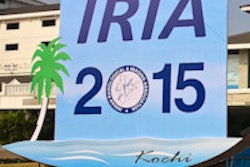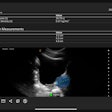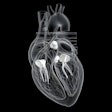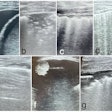Radiologists in the Maharashtra state of India went on strike on June 14 to protest the "unfair" prosecution of a fellow radiologist under an Indian law aimed at preventing gender-specific abortions.
The strike was inspired by the "harassment" of radiologists and the recent action against Dr. Ashutosh Jape, a radiologist in Pune, according to the Maharashtra branch of the Indian Radiological and Imaging Association (IRIA). The association said that Jape had correctly diagnosed a case of meningocele in a pregnant patient who subsequently underwent a medical termination of pregnancy. However, Pune authorities incorrectly believed the termination was a case of female feticide and subsequently booked Jape under the Pre-Conception and Pre-Natal Diagnostic Techniques (PCPNDT) Act, the IRIA said.
"Despite the draconian provisions of the PCPNDT Act, radiologists all over India have been extremely cooperative in following the PCPNDT Act, with the noble intention of helping to improve the dwindling sex ratio in the country," according to a statement from the Maharashtra branch of the IRIA. "However, at regular intervals, even many honest radiologists, who did not have even remote connection with sex determination, have been victimized under the PCPNDT Act for minor clerical errors."
After a five-hour inspection, Pune authorities sealed Jape's three ultrasound machines in April. All efforts to clear up the matter with government authorities have been in vain, according to the IRIA.
As a result, radiologists in the Maharashtra state went on strike for June 14; however, radiologists in Pune will remain on strike indefinitely until the following demands have been met:
- Quashing of all fabricated accusations against Jape, and immediate unsealing of his ultrasound machines
- Removal of the appropriate authority of Pune Municipal Corporation from the said post in view of gross violation of the PCPNDT Act
- Instructions given to all appropriate authorities of Maharashtra about uniform, systematic, and unprejudiced implementation of the PCPNDT Act
Imaging for emergencies will still be provided during the strike, according to the IRIA.



















